The 1994 Rwandan genocide was a monumental atrocity in which at least 500,000 Tutsi and tens of thousands of Hutu were murdered in less than four months. Since 1994, members of the Rwandan political class who recognize those events as genocide have struggled to account for it and bring coherence to what is often perceived as irrational, primordial savagery. Most people agree on the factors that contributed to the genocide — colonialism, ethnicity, the struggle to control the state. However, many still disagree over the way these factors evolved, and the relationship between them. This continuing disagreement raises questions about how we come to understand historical events — understandings that underpin the possibility of sustainable peace. Drawing on extensive research among Rwandese in Rwanda and Europe, and on his work with a conflict resolution NGO in post-genocide Rwanda, Nigel Eltringham argues that conventional modes of historical representation are inadequate in a case like Rwanda. Single, absolutist narratives and representations of genocide actually reinforce the modes of thinking that fuelled the genocide in the first place. Eltringham maintains that if we are to understand the genocide, we must explore the relationship between multiple explanations of what happened and interrogate how — and why — different groups within Rwandan society talk about the genocide in different ways.
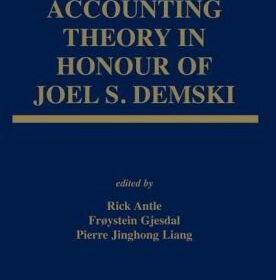 Essays on Accounting Theory in Honour of Joel S. Demski eBook
$14.00
Essays on Accounting Theory in Honour of Joel S. Demski eBook
$14.00
 Earnings Management: Emerging Insights in Theory, Practice, and Research (Springer Series in Accounting Scholarship) eBook
$11.00
Earnings Management: Emerging Insights in Theory, Practice, and Research (Springer Series in Accounting Scholarship) eBook
$11.00
Enron and the Powers Report: An Examination of Business and Accounting Failures eBook
$12.00
- Delivery: Can be download immediately after purchasing. For new customer, we need process for verification from 30 mins to 24 hours.
- Version: PDF/EPUB. If you need another version, please Contact us
- Quality: Full page, full content, high quality images, searchable text and you can print it.
- Compatible Devices: Can be read on any devices (Kindle, NOOK, Android/IOS devices, Windows, MAC,..).
- e-Book Features: Purchase and read your book immediately, access your eTextbook anytime and anywhere, unlimited download and share with friends.
- Note: If you do not receive the download link within 15 minutes of your purchase, please Contact us. Thank you!

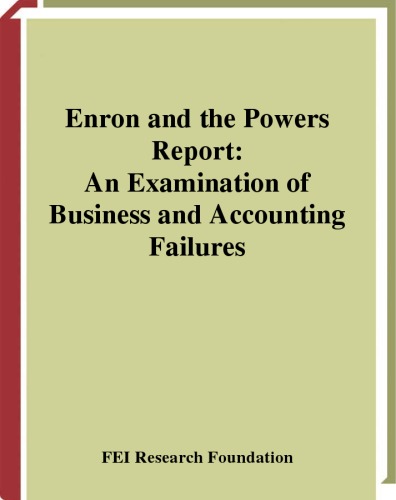

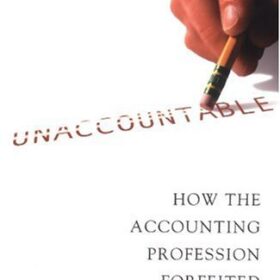
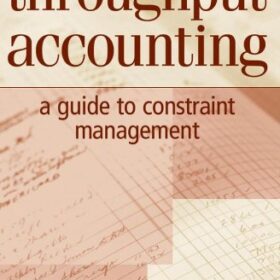

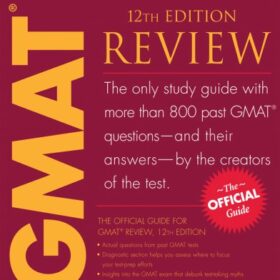
Reviews
There are no reviews yet.